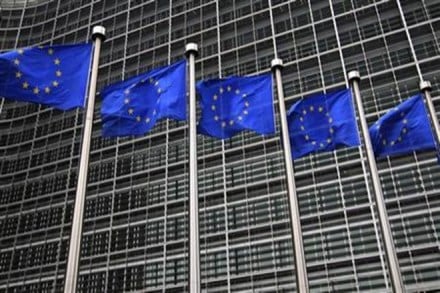India on Monday urged the European Union (EU) not to ban or blacklist any seafood exporter immediately after finding problems with one consignment as this extreme step will work against the interests of all the stakeholders, Marine Products Export Development Authority (MPEDA) sources said. Last year, the EU had raised the limit for testing of marine imports from 10% of consignments presented for import at border inspection posts to 50% due to the widespread presence of antibiotics in the aquaculture farms. “EU should issue a warning to the exporter and give them reasonable time to remove the inadequacies before de-listing the company,” A Jayathilak, chairman of MPEDA said while chairing the EU-India Shrimp Dialogue organised in association with the Embassy of the Netherlands. Instant blacklisting was unjust as this will destroy the exporters’ reputation built over several years and will jeopardise their huge investments in the cost-intensive business besides affecting the livelihood of lakhs of farmers, he added.
MPEDA chairman also described as unfair EU’s decision to increase the sample size from 10 % to 50 % for testing the seafood consignments from India, while keeping it at 10 % for other exporting countries. Endorsing Jayathilak’s pleas, SEAI general secretary Elias Sait said the sample size was being kept at 10 % even for Vietnam and Bangladesh whose consignments also failed the food safety tests.
Pointing to the case of a recently blacklisted exporter, Sait said the company was suffering despite the fact that about 600 consignments sent by it to the EU over several years were in perfect order. EU had brought his entire business, involving an investment of Rs 50 crore, to a standstill by delisting his company after one of his consignments failed the quality test.
Export Inspection Council (EIC) director S K Saxena regretted that the twin-blow, instant ban and 50 % sample size, was in place despite the fact that the quality control mechanism had been tightened further in the last two years. Some of the blacklisting was done on the basis of miniscule variations from the food quality benchmark. He also wanted the re-listing to take place in suitable cases within a short time.
